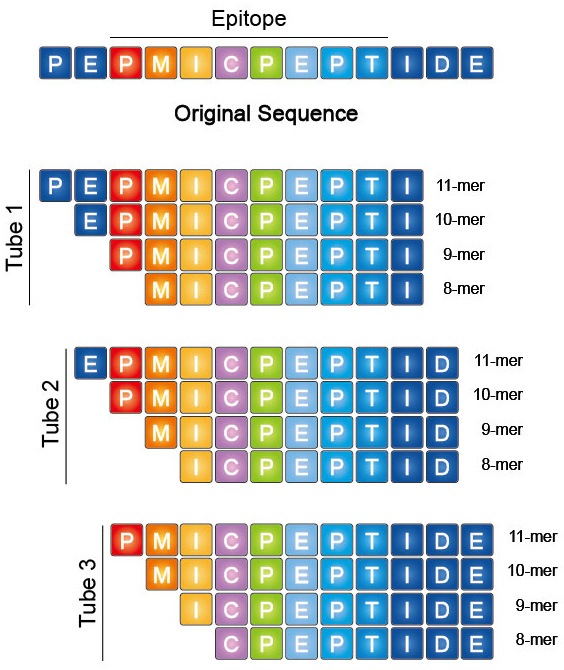 The T cell epitope is a small peptide sequence, presented by MHC receptors on antigen presenting cells and other nucleated cells, that stimulates immune system activity. For many diseases, such as viral diseases and cancer, T cells cannot adequately recognize virus or cancer-cell epitopes. Re-engineering the T cell receptor enables the T cell to recognize and bind these epitopes more efficiently. In doing so, we can stimulate the body’s own immune system to target and fight diseases that normally are difficult to treat. The T cell epitope is a small peptide sequence, presented by MHC receptors on antigen presenting cells and other nucleated cells, that stimulates immune system activity. For many diseases, such as viral diseases and cancer, T cells cannot adequately recognize virus or cancer-cell epitopes. Re-engineering the T cell receptor enables the T cell to recognize and bind these epitopes more efficiently. In doing so, we can stimulate the body’s own immune system to target and fight diseases that normally are difficult to treat.
In most cases, immunotherapy first requires identification of the most immuno-stimulatory epitopes on viruses or cancer cells. The T cell epitopes are short peptide sequences, ranging from 8-11 amino acids in length on MHC I complexes and 15-24 amino acids on MHC II complexes. To identify these small peptide sequences within the larger epitope, peptide libraries are ideal, since they span hundreds of peptide combinations simultaneously. The T cell truncated peptide library is unique, in that it is composed of sequentially truncated peptide combinations, thereby ensuring that the entire T cell epitope is spanned. These truncated peptide fragments, commonly ranging from 11- to 8-mers, are pooled. Once a positive pool has been identified, the pool can be deconvoluted to identify the T cell epitope sequence.
Special Instructions
Please input your protein or peptide sequence in one-letter below!
|
